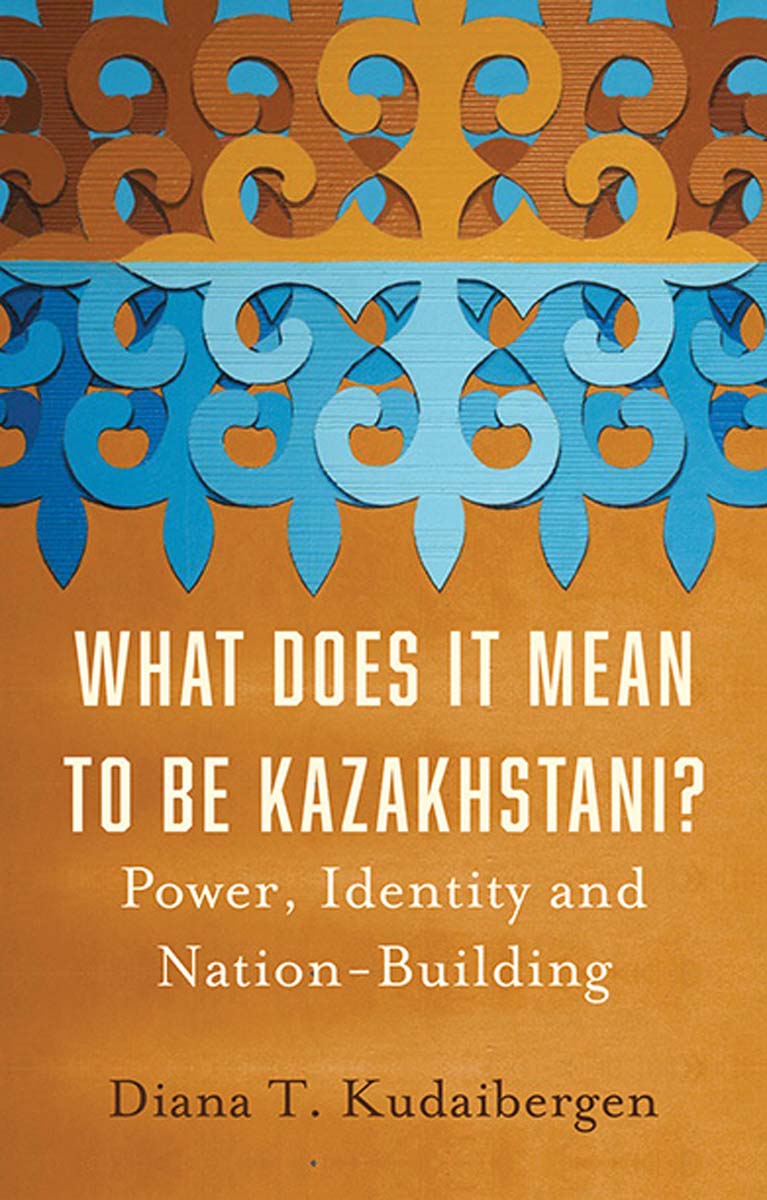HB:
£30.00
QTY:
Categories:
What Does It Mean to Be Kazakhstani?
Power, Identity and Nation-Building
For sale in CIS only!
An in-depth study of this Central Asian nation's evolution since 1991, exploring how ethnicity, war and internal unrest are shaping and reshaping Kazakh identity.
In early 2022, protests rocked Kazakhstan. Initially peaceful demonstrations soon turned violent after brutal government crackdowns, leaving at least 238 dead during "Bloody January". But despite fears that Kazakhstan might split along ethno-linguistic lines, ethnicity played little role in the unrest: deep socio- economic problems and anti-regime grievances pushed protestors onto the streets.
More than thirty years since declaring independence, multi-ethnic Kazakhstan is still grappling with its nationhood. While secessionist movements provoked ethnic conflicts, territorial disputes and civil wars across the former USSR, Kazakhstan developed a relatively stable inter-ethnic policy, and predicted Russo-Kazakh tensions largely failed to materialise. Analysing the multiple narratives, actors and often contradictory feelings of national belonging in post-1991 Kazakhstan, Diana T. Kudaibergen investigates why Kazakhstani nation-building is so unusual. Has Kazakh society found a solution to divisive ethno-nationalism? How have ordinary citizens shaped their identities? And how will Moscow's 2022 invasion of Ukraine, which has led to widespread Russian immigration into Kazakhstan, impact inter-ethnic dynamics?
Kudaibergen builds on unpublished archival materials and hundreds of interviews to explore the "hybrid" nature of nation-building in this complex country. While regime elites promote a top-down civic identity, domestic unrest and pluralistic opposition movements are once again transforming the category "Kazakhstani".
An in-depth study of this Central Asian nation's evolution since 1991, exploring how ethnicity, war and internal unrest are shaping and reshaping Kazakh identity.
In early 2022, protests rocked Kazakhstan. Initially peaceful demonstrations soon turned violent after brutal government crackdowns, leaving at least 238 dead during "Bloody January". But despite fears that Kazakhstan might split along ethno-linguistic lines, ethnicity played little role in the unrest: deep socio- economic problems and anti-regime grievances pushed protestors onto the streets.
More than thirty years since declaring independence, multi-ethnic Kazakhstan is still grappling with its nationhood. While secessionist movements provoked ethnic conflicts, territorial disputes and civil wars across the former USSR, Kazakhstan developed a relatively stable inter-ethnic policy, and predicted Russo-Kazakh tensions largely failed to materialise. Analysing the multiple narratives, actors and often contradictory feelings of national belonging in post-1991 Kazakhstan, Diana T. Kudaibergen investigates why Kazakhstani nation-building is so unusual. Has Kazakh society found a solution to divisive ethno-nationalism? How have ordinary citizens shaped their identities? And how will Moscow's 2022 invasion of Ukraine, which has led to widespread Russian immigration into Kazakhstan, impact inter-ethnic dynamics?
Kudaibergen builds on unpublished archival materials and hundreds of interviews to explore the "hybrid" nature of nation-building in this complex country. While regime elites promote a top-down civic identity, domestic unrest and pluralistic opposition movements are once again transforming the category "Kazakhstani".
About the author
Diana T. Kudaibergen is a political and cultural sociologist at the University of Cambridge. She is the author of "Rewriting the Nation in Modern Kazakh Literature"; "Toward Nationalizing Regimes: Conceptualizing Power and Identity in the Post-Soviet Realm" and many articles on nation-building, identity and protest in the former USSR.


